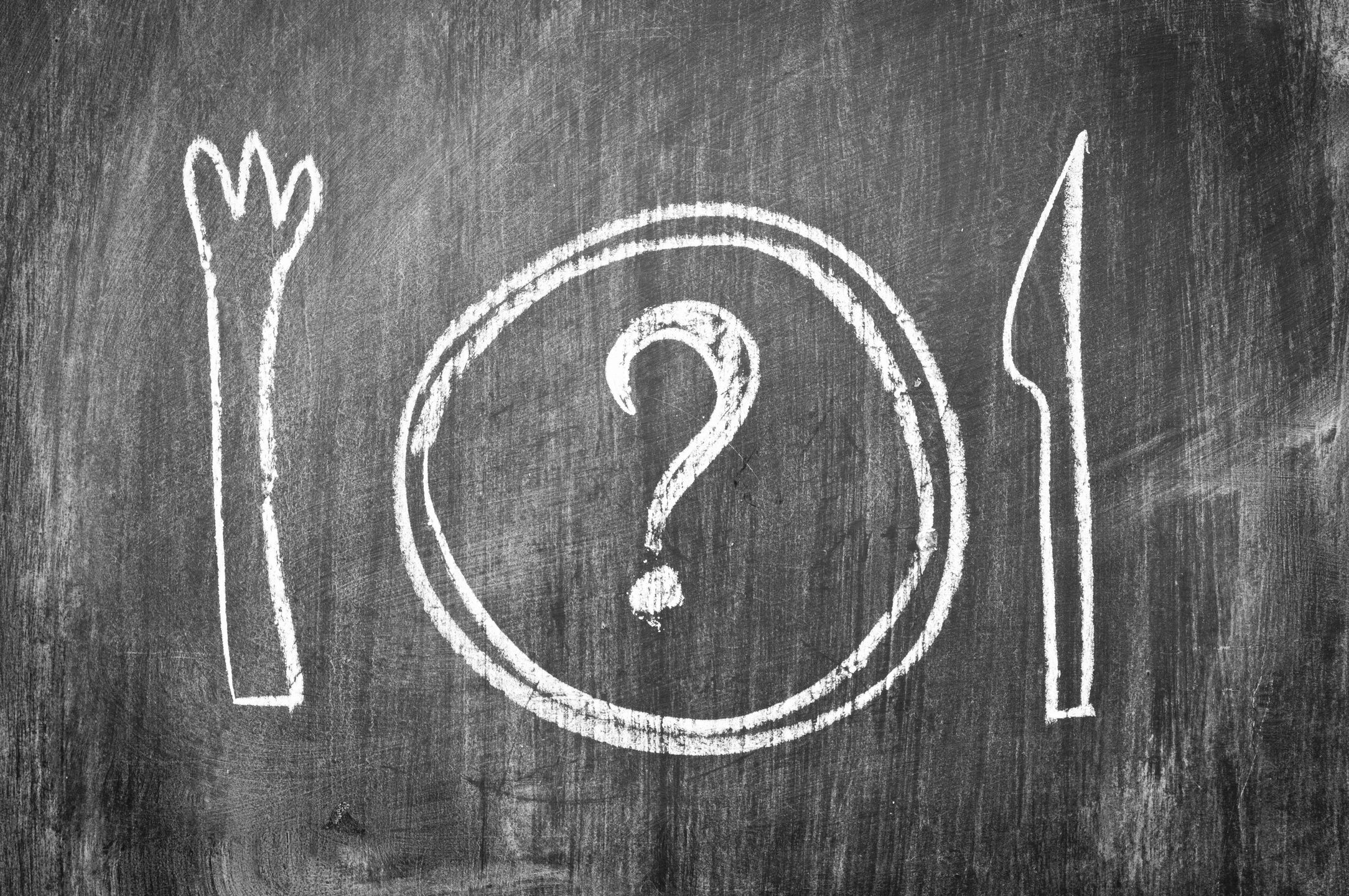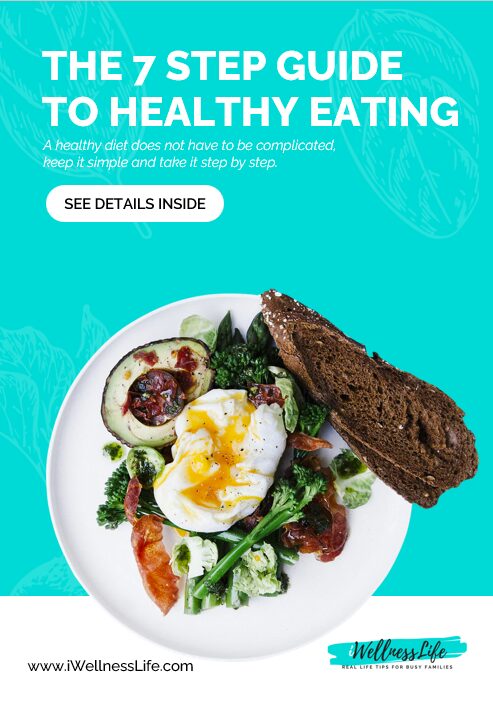Houston area Personal Trainer, JC Guidry, shares some quick tips on various Intermittent Fasting techniques you can do.
Intermittent Fasting 16:8
30% protein, 40% carb. 30% fat
The 16:8 Intermittent Fasting meal plan has a fasting phase that lasts 16 hours. It is recommended that the users fast primarily through the night and during the morning hours. Re-feeding should occur within an 8 hour time frame once the fast is broken.
If wake time is 6:00 – 7:00 am, break the fast at noon. Spend the afternoons and evenings in the fed state.
A sample day is:
1:00 pm – Largest meal
4:00 pm – Medium meal
8:00 – 9:00 pm – Smallest meal
Begin fast after last evening meal. During the fasting phase, no calories are consumed. Though, ½-1 teaspoon of milk can be added per each cup of coffee. Calorie free sweeteners, diet soda and sugar free gum are all allowed during the fasting phase.
Intermittent Fasting: Alternate Day
30% protein, 40% carb. 30% fat
The Alternate Day Fasting meal plan encourages reduced intake every other day.
On fasting days, only consume 20-25% of target calories for a maximum of 500 kcal per day.
There are no strict guidelines regarding what to eat and drink on fasting days. It is best to stick to high protein foods and vegetables, as well as low-calorie or calorie-free beverages.
On fast days, one big meal can be consumed late in the day or intake can be broken up into 2 to 3 daily meals.
On non-fast days, target calorie intake is encouraged. We have developed non-fast days that are rich in heart healthy fat, contain moderate amounts of lean protein and loaded with phytonutrient rich fruit and vegetables. Vegetable intake is unrestricted.
Intermittent Fasting 5:2
30% protein, 40% carb. 30% fat
The 5:2 Intermittent Fasting meal plan follows a pattern of 1-2 fast days per week, yet not on consecutive days. Users are not to exceed 2 fasts per week with 5 days of healthy balanced eating.
On fast days, users only consume tea, coffee, plain or sparkling water. Normal eating is resumed after 24 hours. For example: begin fast at 7:00 pm and resume normal eating at
7:00 pm the next day.
No specifics on what you can eat post fast. On non-fasting days there are no specific dietary guidelines. In my nutrition plans I have however ensured that non-fasting days are varied, balanced and rich in lean protein, whole grains and phytonutrient fruit and vegetables.
It is encouraged to consume 20-30 grams of high quality protein every 2 to 4 hours for a total of approximately 100g/day.

Subscribe To Our VIP Newsletter
Join our VIP mailing list to receive additional content that goes even deeper into the latest tips to ensure you and your families health, fitness and wellness.























